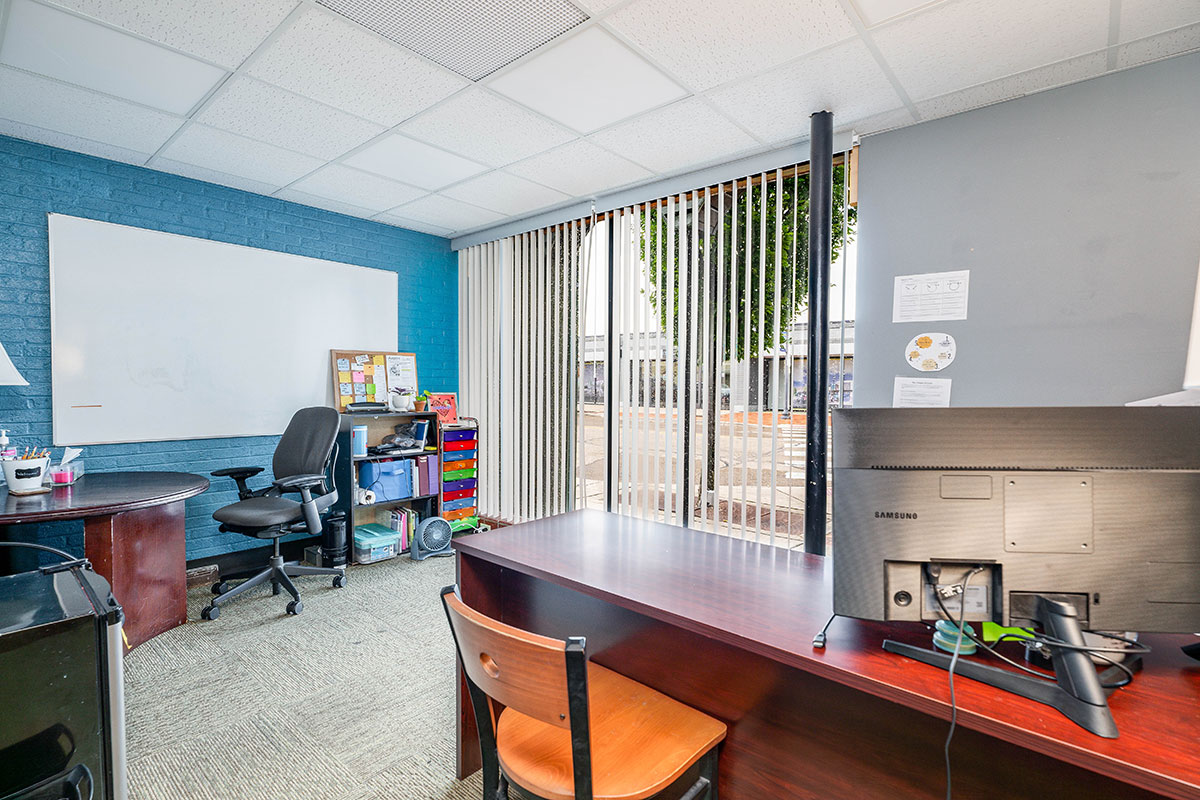The Substance Abuse and Mental Health Services Administration (SAMHSA) defines recovery as “A process of change through which individuals improve their health and wellness, live self-directed lives, and strive to reach their full potential.” Further, they outline the 4 major dimensions of recovery as health, home, purpose, and community. At DeCoach Recovery Centre, this is the basis for our sober living in Ohio. As such, our sober living housing provides a safe and stable place to live while clients recover from substance use disorders.
What is Sober Living?
At DeCoach we provide a holistic approach to client care. With sober living in Ohio, DeCoach aims to reduce barriers related to basic needs as well as provide comprehensive behavioral health services. We partner with organizations to provide safe and sober housing for clients while accessing treatment services. While in sober living clients will have access to 24-hour support and activities of daily living skill-building.
Here, clients can access evidence-based services such as partial hospitalization programs (PHPs) and intensive outpatient programs (IOPs). Clients can also engage in DeCoach’s Medication-Assisted Treatment (MAT) program. Those who struggle with achieving sobriety in the community or who have had recent inpatient stays or incarcerations would benefit from the added support of a sober living environment. Also, individuals who are struggling with a less severe addiction may benefit from sober living to aid in their recovery journey.

Benefits of Sober Living in Ohio
Sober living housing offers several benefits for individuals in addiction recovery. These benefits vary depending on the specific sober living environment and the needs of the individual. However, some common advantages of sober living homes include:
To summarize, not all sober living homes are the same, and the specific benefits and amenities vary. Choosing the right sober living environment should be based on individual needs, goals, and preferences. Moreover, consulting with addiction professionals can help individuals and their families make informed decisions about which sober living home is the best fit for their recovery journey.
Is Sober Living in Ohio Right for Me?
Sober living housing is an appropriate option for individuals in the early stages of addiction recovery. Also, those who have completed a primary treatment program, such as inpatient rehab. Sober living housing is designed to provide a supportive and structured environment for people in recovery. And, it can be particularly beneficial for the following groups:
- Individuals in early recovery
- Those without a stable living situation
- People in need of accountability
- Individuals with a history of relapse
- Those looking to rebuild their lives
- People seeking a sober community
- Individuals with co-occurring disorders
Overall, the specific rules and requirements of sober living homes vary widely, and not all sober living homes are the same. Some are gender-specific, while others may cater to specific populations. The appropriateness of sober living housing for an individual should be determined on a case-by-case basis. Thereby, considering their unique needs and circumstances. Discussing levels of care with addiction specialists can help individuals and their families decide if sober living housing is the best option for their situation.
What to Expect From Sober Living at DeCoach
In a sober living environment, individuals can expect to find a supportive and structured setting that promotes and sustains sobriety. The core principle is maintaining complete abstinence from drugs and alcohol by all residents. The atmosphere is one of accountability, with house rules that typically include curfews, mandatory drug testing, attendance at recovery meetings, and shared responsibilities like household chores.
Residents live with others who are also in recovery. Thus, encouraging a sense of community and peer support. Privacy and dignity are respected. In addition, residents have the opportunity to set and work toward personal goals, whether they involve employment, education, or personal growth.
Sober living homes serve as a bridge between formal treatment and independent living. Therefore, individuals build the skills and support networks necessary for a fulfilling and substance-free life outside of the facility. While expectations may vary from one sober living home to another, the common goal remains the same: to provide a safe, drug-free environment that promotes sustained recovery and personal growth.

Find Safe and Stable Sober Living in Ohio
At DeCoach Recovery Centre in Ohio, we recognize that true recovery extends beyond initial treatment. This is where our Sober Living program plays a crucial role. We strive to provide a supported living environment that encourages the growth of life skills needed for a sustained recovery journey. Promoting health, peer relationships, and healthy habits, our Sober Living program helps individuals transition smoothly from treatment to a life of sobriety. Teaming up with us means taking a critical step toward a new, healthier life. Begin your transformative journey with us today.
Contact us to learn more about treatment options and our sober living in Ohio.
